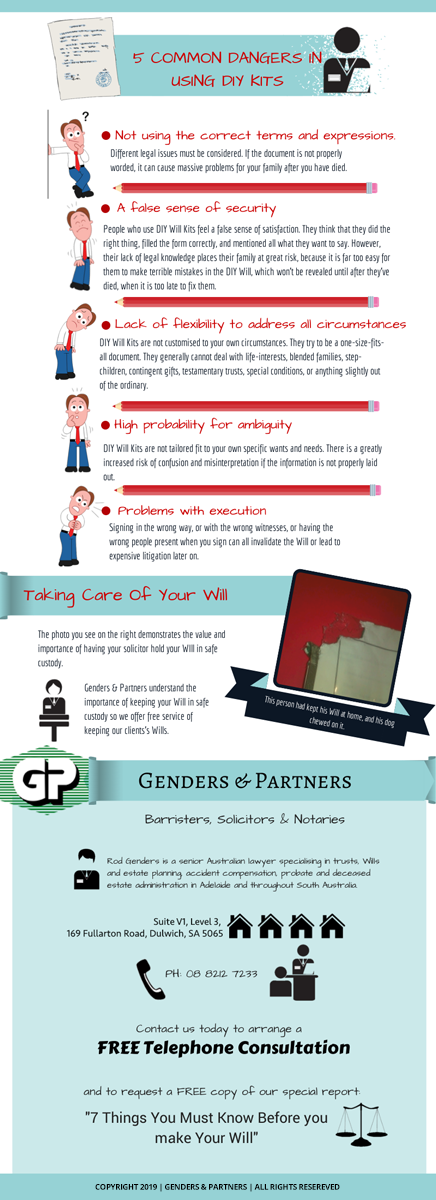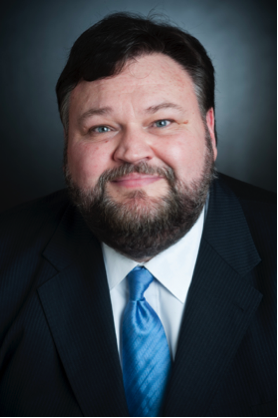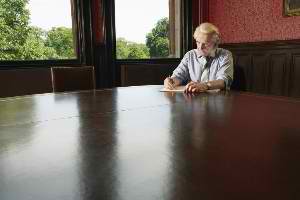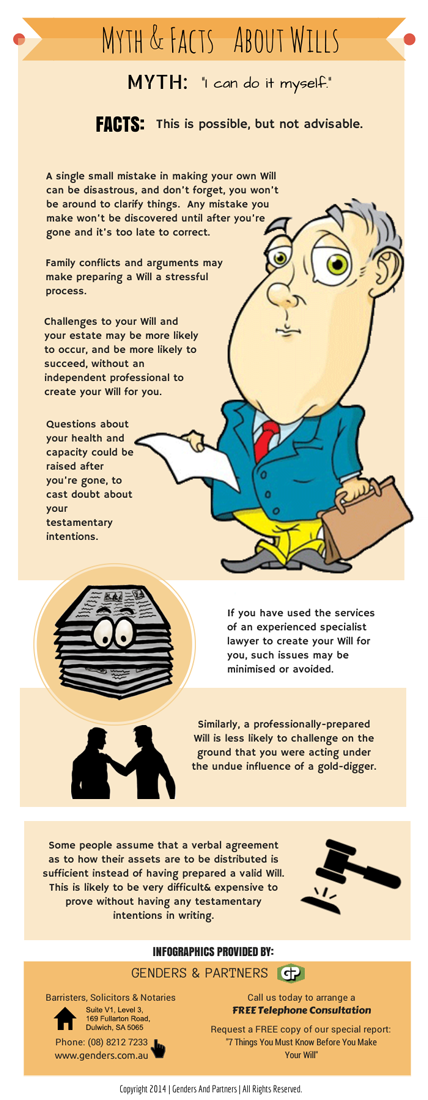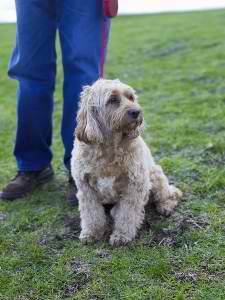Behind the scenes of a car accident compensation claim in Adelaide
If you or someone you know has been injured in a car accident, here is a brief explanation of some of the organisations and legal terms you are likely to encounter when making a compensation claim in Adelaide.
The word “damages” is what lawyers say when they mean compensation. It generally takes the form of money paid to an injured person by or on behalf of the person who caused the injury.
The injured person is called the “plaintiff” or “claimant”.
The person who caused the accident is called the “defendant”.
Treatment Expenses In Car Accident Compensation Claims In Adelaide
Many types of treatment expenses can be claimed, including:
-
Ambulance
- Hospital
- General Medical (such as General Practitioner)
- Specialist Medical (such as Spinal, Orthopaedic, Neurosurgeon, Pain Management, Psychiatrist, Rehabilitation, Occupational etc)
- Pharmaceutical (prescribed and over-the-counter medication)
- Physiotherapy
- Nursing
- Attendant carers
- Chiropractic
- Devices, equipment, aids & supplies (crutches, walkers, wheelchairs, patient-lifters, TENS units etc)
- Psychologist
- Therapeutic massage
- Acupuncture & acupressure
You do not need to seek permission from Allianz to have any specific type of treatment – this is a decision for you after discussion with your treating doctors. However, if you wish Allianz to fund any treatment on an ongoing basis (ie before settling your car accident compensation claim), then you will need a prior referral from a treating doctor AND prior funding approval from Allianz.
How to Choose a Compensation Lawyer
If you are thinking about claiming compensation for a personal injury, here are some things you should think about.
A personal injury claim can be stressful, lengthy and uncertain. Choosing the right lawyer to work with you will have a big impact on the outcome of your case.
How do you know which lawyer to choose? To help you decide, here are some questions you should be asking:
Which law firm should I deal with?
- Like other businesses, law firms can come and go. So you want one that has a proven track-record, and has been around long enough to earn a good reputation.
- When dealing with a large law firm, some people can feel like a small cog in a large machine. Different departments, changing staff and bureaucracy can seem impersonal.
A Pet Trust To Look After Your Pet When You Cannot
If you become incapacitated or die, what will happen to your pets?
Most pets are dependent on humans for food and shelter, and are unable to look after themselves. It is cruel and illegal to release your pet into the wild to fend for itself, and there may be environmental concerns even if it could survive. As a loving and responsible pet-owner you should include the future well-being of your surviving pets in your plan.
Genders & Partners is the oldest law firm in South Australia, and we have the knowledge, experience and sensitivity to ensure that the right provisions are made for the ongoing care of your pets if you should outlive them or lose the ability to care for them.
If you die or get carried off to hospital suddenly, your pet might be enclosed in a yard, a cage or inside the house. Your family has enough to deal with getting to grips with your illness or death, let alone worrying about a house full of pets. Will they even remember that you have a pet? Probably not for several days, if at all. We suggest setting up a South Australian Pet Trust, as this is a legal document which covers the ongoing care of domestic animals in specific circumstances, such as in the event of your death or incapacity. It names new caregivers or requests that trustees search for new homes for your pets. A trustee is then legally authorised to carry out your wishes from the day of your death or incapacity. A Pet Trust in South Australia differs from a Will, which may take weeks or months to come into effect, as it may require a Court process known as Probate.
Granny Napping Set to Rise as Baby Boomers Age
Granny napping is defined as the legal movement of an elderly person from one residential location to another, and could include the removal of an elderly person from a nursing home care facility.
The aim of this may be to remove the elderly person from contact with other people such as family & friends, in order to isolate them and to facilitate financial abuse. The prevalence of granny napping is expected to rise as affluent baby boomers age.
There has been a steady increase of “Elder Abuse”, and a decline in the treatment of vulnerable people in our society. This leaves the assets of the elderly person open to abuse. There have been instances where elderly people have been left to starve as disagreeable, uncaring relatives demand food and money from their elderly relatives.
Houses of elderly relatives have even been sold and the relative has been forced to move out. This is just the tip of the iceberg when it comes to granny napping and elderly abuse not just here in South Australia, but throughout the rest of Australia, too.
One of the inherent problems in Australian society is the lack of effective communication between siblings and between siblings and elderly parents. Bitter relationships have sometimes developed between these individuals. Elderly people who have not yet succumbed to dementia or other debilitating diseases have even gone so far as making out Wills that only name grandchildren as beneficiaries, in an attempt to bypass their problematic & meddling children. However this only tends to add even more fuel to the fire when it comes to resolving inheritance issues and often leads to litigation, which in some cases have involved grandchildren having to give back money to their own parents.
Elder Abuse Caused by Lack of Estate Planning
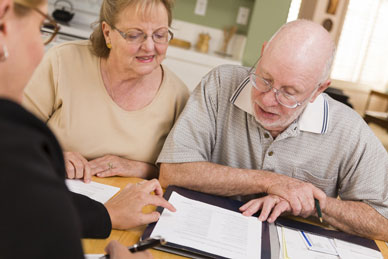
On 26/02/2014 the UK Court of Protection decided the case of JS –v- KB & MP .
The Court itself said: “This cautionary tale illustrates vividly the dangers of informal family arrangements for an elderly relative who lacks mental capacity, made without proper regard for:
i. the financial and emotional vulnerability of the person who lacks capacity; and
ii. the requirements for formal, and legal, authorisation for the family’s actions, specifically in relation to property and financial affairs.”
The case concerned a 90 year-old female suffering from a progressive dementia. She had been cared for by her daughter for over three years. The Court found that “The actual care arrangement is in many ways excellent … [the patient] is receiving devoted care and is reported to be happy. For this, [the daughter] deserve genuine credit.”




